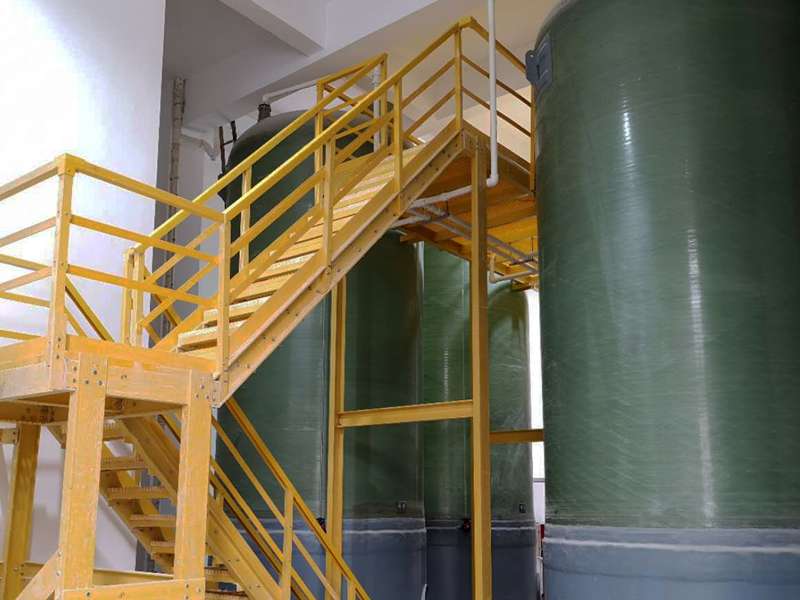
-
 Afrikaans
Afrikaans -
 Albanian
Albanian -
 Amharic
Amharic -
 Arabic
Arabic -
 Armenian
Armenian -
 Azerbaijani
Azerbaijani -
 Basque
Basque -
 Belarusian
Belarusian -
 Bengali
Bengali -
 Bosnian
Bosnian -
 Bulgarian
Bulgarian -
 Catalan
Catalan -
 Cebuano
Cebuano -
 China
China -
 China (Taiwan)
China (Taiwan) -
 Corsican
Corsican -
 Croatian
Croatian -
 Czech
Czech -
 Danish
Danish -
 Dutch
Dutch -
 English
English -
 Esperanto
Esperanto -
 Estonian
Estonian -
 Finnish
Finnish -
 French
French -
 Frisian
Frisian -
 Galician
Galician -
 Georgian
Georgian -
 German
German -
 Greek
Greek -
 Gujarati
Gujarati -
 Haitian Creole
Haitian Creole -
 hausa
hausa -
 hawaiian
hawaiian -
 Hebrew
Hebrew -
 Hindi
Hindi -
 Miao
Miao -
 Hungarian
Hungarian -
 Icelandic
Icelandic -
 igbo
igbo -
 Indonesian
Indonesian -
 irish
irish -
 Italian
Italian -
 Japanese
Japanese -
 Javanese
Javanese -
 Kannada
Kannada -
 kazakh
kazakh -
 Khmer
Khmer -
 Rwandese
Rwandese -
 Korean
Korean -
 Kurdish
Kurdish -
 Kyrgyz
Kyrgyz -
 Lao
Lao -
 Latin
Latin -
 Latvian
Latvian -
 Lithuanian
Lithuanian -
 Luxembourgish
Luxembourgish -
 Macedonian
Macedonian -
 Malgashi
Malgashi -
 Malay
Malay -
 Malayalam
Malayalam -
 Maltese
Maltese -
 Maori
Maori -
 Marathi
Marathi -
 Mongolian
Mongolian -
 Myanmar
Myanmar -
 Nepali
Nepali -
 Norwegian
Norwegian -
 Norwegian
Norwegian -
 Occitan
Occitan -
 Pashto
Pashto -
 Persian
Persian -
 Polish
Polish -
 Portuguese
Portuguese -
 Punjabi
Punjabi -
 Romanian
Romanian -
 Russian
Russian -
 Samoan
Samoan -
 Scottish Gaelic
Scottish Gaelic -
 Serbian
Serbian -
 Sesotho
Sesotho -
 Shona
Shona -
 Sindhi
Sindhi -
 Sinhala
Sinhala -
 Slovak
Slovak -
 Slovenian
Slovenian -
 Somali
Somali -
 Spanish
Spanish -
 Sundanese
Sundanese -
 Swahili
Swahili -
 Swedish
Swedish -
 Tagalog
Tagalog -
 Tajik
Tajik -
 Tamil
Tamil -
 Tatar
Tatar -
 Telugu
Telugu -
 Thai
Thai -
 Turkish
Turkish -
 Turkmen
Turkmen -
 Ukrainian
Ukrainian -
 Urdu
Urdu -
 Uighur
Uighur -
 Uzbek
Uzbek -
 Vietnamese
Vietnamese -
 Welsh
Welsh -
 Bantu
Bantu -
 Yiddish
Yiddish -
 Yoruba
Yoruba -
 Zulu
Zulu
Exploring the Benefits and Applications of Fiberglass Fuel Tanks in Modern Industries and Transportation
The Advantages and Applications of Fiberglass Fuel Tanks
In the modern era, fuel storage and management have become critical components of various industries, including automotive, marine, and even aviation. One of the most innovative solutions that have emerged to meet these demands is the fiberglass fuel tank. Made from a composite material known for its durability and resistance to corrosion, fiberglass tanks offer several advantages over traditional metal tanks, making them an increasingly popular choice.
Durability and Longevity
One of the most significant benefits of fiberglass fuel tanks is their exceptional durability. Unlike metal tanks that can corrode over time due to exposure to chemicals and environmental factors, fiberglass tanks are resistant to rust and corrosion. This characteristic ensures that they can withstand harsh conditions, whether underground or above ground, making them an ideal solution for storing fuels and other hazardous materials. Additionally, fiberglass tanks have a longer lifespan, often exceeding 30 years with proper maintenance, providing a cost-effective solution for businesses and individuals alike.
Lightweight and Flexible Design
Another advantage of fiberglass fuel tanks is their lightweight nature
. This property not only makes them easier to install and transport compared to their steel counterparts but also allows for greater design flexibility. Fiberglass can be molded into various shapes and sizes, ensuring that tanks can fit into tight spaces or conform to specific site requirements. This flexibility is particularly beneficial in applications where space is limited, such as on boats or in small commercial settings.Resistance to Environmental Factors
fiberglass fuel tank

Fiberglass is inherently resistant to many environmental factors that can damage other materials. For instance, fiberglass tanks are effective at preventing leaks and spills due to their seamless design, thereby minimizing environmental risks associated with fuel storage. They do not expand or contract with temperature fluctuations, ensuring that they maintain their structural integrity regardless of the conditions. This characteristic is crucial for preventing contamination of soil and groundwater, a major concern in the management of fuel storage.
Cost-Effectiveness
While the initial investment in fiberglass tanks may be higher than that of traditional metal tanks, the overall cost-effectiveness becomes apparent over time. With reduced maintenance costs, fewer replacements due to corrosion, and lower risk of environmental clean-up liabilities, fiberglass tanks often prove to be the more economical choice in the long run. Furthermore, their longevity means that replacements are infrequent, reducing overall capital expenditures for businesses that rely heavily on fuel storage.
Applications Across Industries
Fiberglass fuel tanks are used in various applications across multiple industries. In the marine industry, for instance, they are commonly employed in boats and yachts due to their lightweight and corrosion-resistant properties. In the automotive sector, fiberglass tanks are increasingly being used to store fuel for various vehicles, particularly in scenarios where weight savings are paramount. Additionally, fiberglass tanks find use in industrial applications, such as storing chemicals and wastewater, showcasing their versatility and effectiveness.
Conclusion
In conclusion, fiberglass fuel tanks represent a significant advancement in fuel storage technology. Their durability, resistance to environmental factors, lightweight design, and overall cost-effectiveness make them a superior choice in comparison to traditional metal tanks. As industries continue to prioritize safety, efficiency, and environmental responsibility, the adoption of fiberglass tanks is expected to grow, enhancing the reliability of fuel storage solutions around the globe. With their many advantages, fiberglass fuel tanks are not only meeting current demands but are also paving the way for innovative practices in fuel management for years to come.









